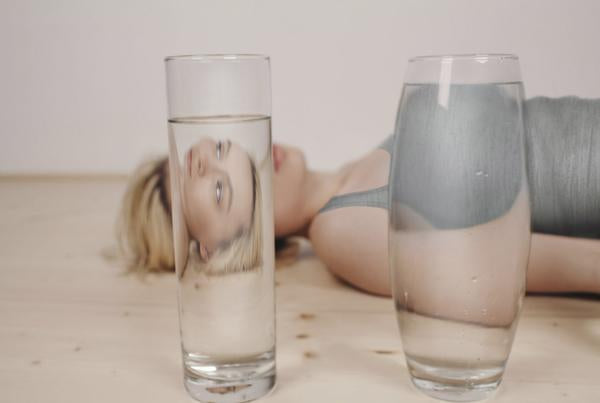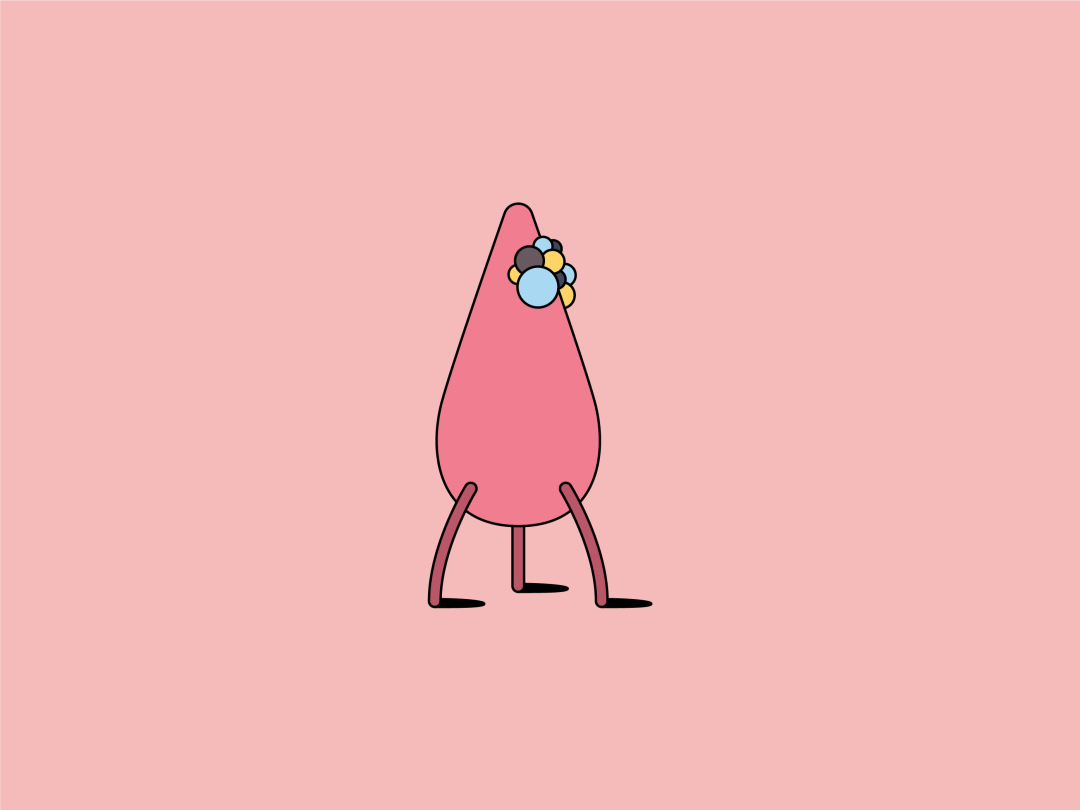Sign up to stay in the loop on new styles and sales!
Sign up to stay in the loop on new styles and sales!
Getting Intimate with Interstitial Cystitis
thinx archive
·5 min read

by Jem Zero | 02/01/2017
Drip.
Drip.
I sit on the toilet, somewhere between clenching and trying not to clench too hard, begging my bladder to cooperate.
My fiancée waits in the bedroom, the casual, patient victim of coitus-interruptus.
I have interstitial cystitis… probably. The wait to see a woman Urologist is a whopping four months, so in the interim I’m running with the professional opinions of my GP and OBGYN. Over a year of UTI symptoms with no actual infection points to chronic bladder inflammation – another item on the long, long list of things that run uncomfortably hot when you have an autoimmune disease.
IC, or whatever else it might be, makes peeing very complicated. When you want to pee, you don’t. When you don’t want to pee, you do. Oh boy, do you pee.
The main symptom complicating my life is the fact that pee is always there, but it never wants to get in its proper seat on the train and sit down for the damn departure. On a bad day, trying to pee can take up to twenty minutes of languishing, staring at my phone while waiting for the glacial progress of urine creeping down my urethra so I can squeeze it out like the world’s bitterest lemon.
So here I am, impatiently trying to void enough fluid so I can finish having intercourse without feeling like my cervix is going to start punching back. If this happens the way I’d like it to – mind the ‘if’ – there’s still a 50% chance that any efforts toward orgasm will involve some unwanted dribbles.
There are plenty of times when I’ve had to deliver a reluctant apology to my love, informing her that my anatomy is causing a scene, and maybe we should watch something instead.
What next?
I feel hopeless sometimes, because there’s no cure for IC, and there’s certainly no cure for an AI disease. It makes me feel broken and doomed, and every so often, I think it’s okay to feel this way.
After the moment passes, though, it’s time to do something about it.
I remind myself that not succeeding in sex is a normal part of life, just like times when I don’t want sex, period. Guilt and shame only make it more difficult to relax in the long run, which exacerbates the problem. There are many elements of sexual self-care. Steroid creams, temperature-specific baths, and candles that melt into massage oil are great, but only a tiny piece of the puzzle. Luxury vibrators and chocolate liqueur aren’t ‘it,’ either.
When I’m down, I take note of what is in my control. Diet is a big one. Some of my favorite things in this world end up making my body angry. Citrus? Not great for IC, but I’d die without lemonade. The other critical ingredient in lemonade is sugar, which I also love, despite the fact that eating sweets is courting destruction when one has chronic yeast infections (as I do).
When it comes to these types of conundrums, I have to consider pros and cons, and make decisions like an adult. If I consume this, the things that exit my body might burn. If I don’t consume this, my brain might not make the happy chemicals. If I pass up these happy chemicals now, will I get some even happier chemicals later, since my body might cooperate better? Or, will I be too depressed to think about sex?
Emotional wellbeing is an unpredictable cocktail that would make the average biology textbook weep. There’s never a perfect metric for how to make these decisions. Sometimes I’m going to boldly eat two whole slices of key lime pie, only to wither on the toilet a few hours later.
It sounds silly, but accepting my decisions with grace (instead of ridiculing myself if I make a choice that somewhere down the line might contribute to the failure of a sexual encounter, or some other symptom flare-up) makes a difference.
Whether I’m lounging in post-orgasmic bliss, or sitting on a hard toilet seat that is warm only because of how long my butt’s been planted on it, I remind myself that sex can be important, but it doesn’t define me, and its lack will not kill me. One night of bad bladder symptoms won’t ruin my sex life, nor should it become a barrier to intimacy between myself and the woman I love.
The greatest form of self-care I’ve found, even as a disabled queer person with severe mental illness, is acknowledging that the struggle isn’t the end of the conversation.
I accept myself, my body, and my disappointments. I try to accept alternatives, and alternative-alternatives. It isn’t my fault or my partner’s fault – health complications are rarely simple enough to be someone’s ‘fault.’
I compromise, because at the end of the day, a squirt or two of pee during orgasm, even after frantically trying to get it all out before the mood expires, is far from the worst thing that can happen to a person. And hey, investing in a good stain remover spray can be self-care, too.
--------------------
Jem Zero (ze/zir) is a disabled transmasc writer/artist creating work about zir faulty meatsack & brainjuice. Further eccentric nonsense can be found at @jem_zero (twitter), and @jemzero (instagram).
by Jem Zero


